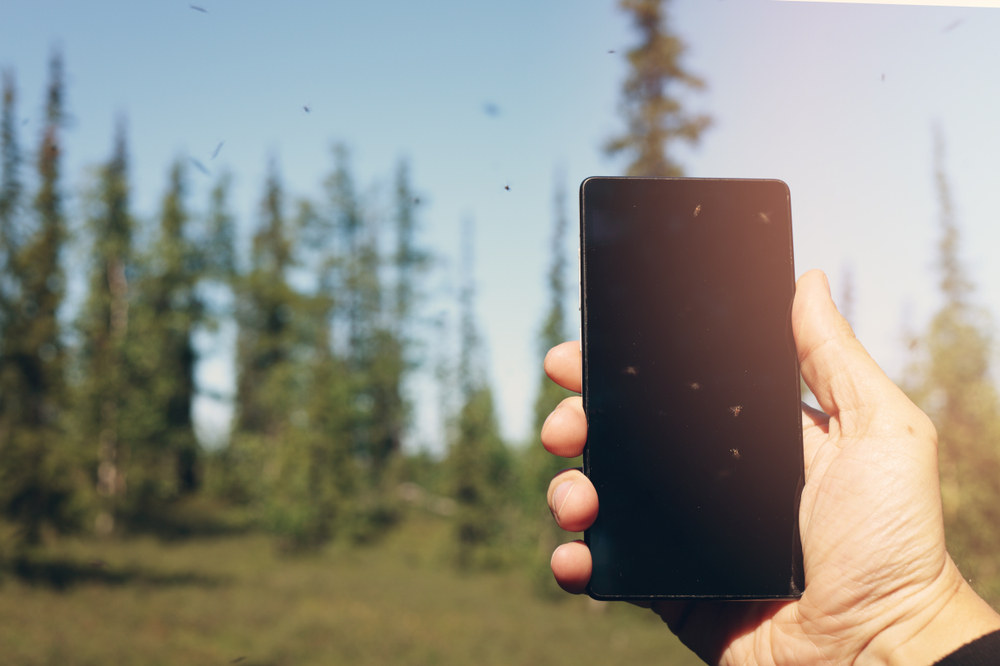
Researchers are exploring the nuances of digital health systems and nanotechnology as a means of transforming a smartphone into a Zika detecting device.
Work of Brigham and Women’s Hospital investigators published in ACS Nano details efforts to rapidly and accurately diagnose Zika using mobile health technologies that could potentially be deployed in resource-limited settings, noting the tool could also provide home testing for couples who are trying to conceive, particularly in locations with high risk of infection.
Authors said the work involved developing tiny platinum nanomotors that target Zika, as well as microbeads that bind the virus.
They learned when both components are added to a sample containing Zika, they form a three-dimensional complex that moves in the presence of hydrogen peroxide, and the movement can be detected using a smartphone hooked up to a $5 optical device.
“Zika diagnostics represent an urgent need in many parts of the world,” said Hadi Shafiee, the study’s corresponding author and principal investigator at the BWH Division of Engineering in Medicine and Renal Division of Medicine. “Our goal is to address this unmet clinical need using cell-phone-based technology. Cell phones have the power to perform complicated analyses, handle image processing, take high-quality images and are ubiquitous in Zika-afflicted countries. We can leverage this to address outbreaks of infectious disease.”
The current study uses an optical device similar to what Shafiee and colleagues used previously to detect male infertility in semen samples, referencing the new work highlights the potential of using cell phone technology for other viral diagnostics.




